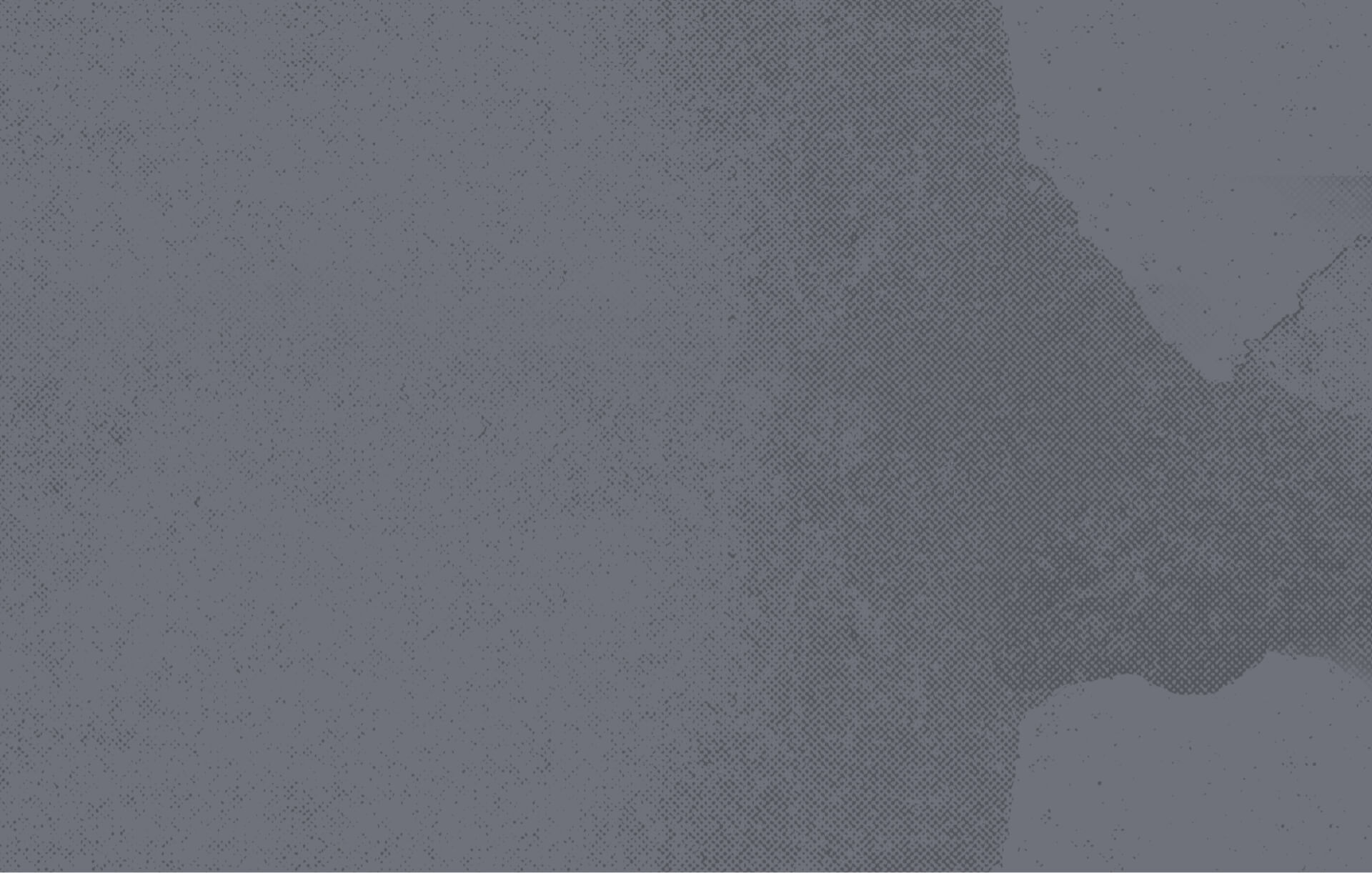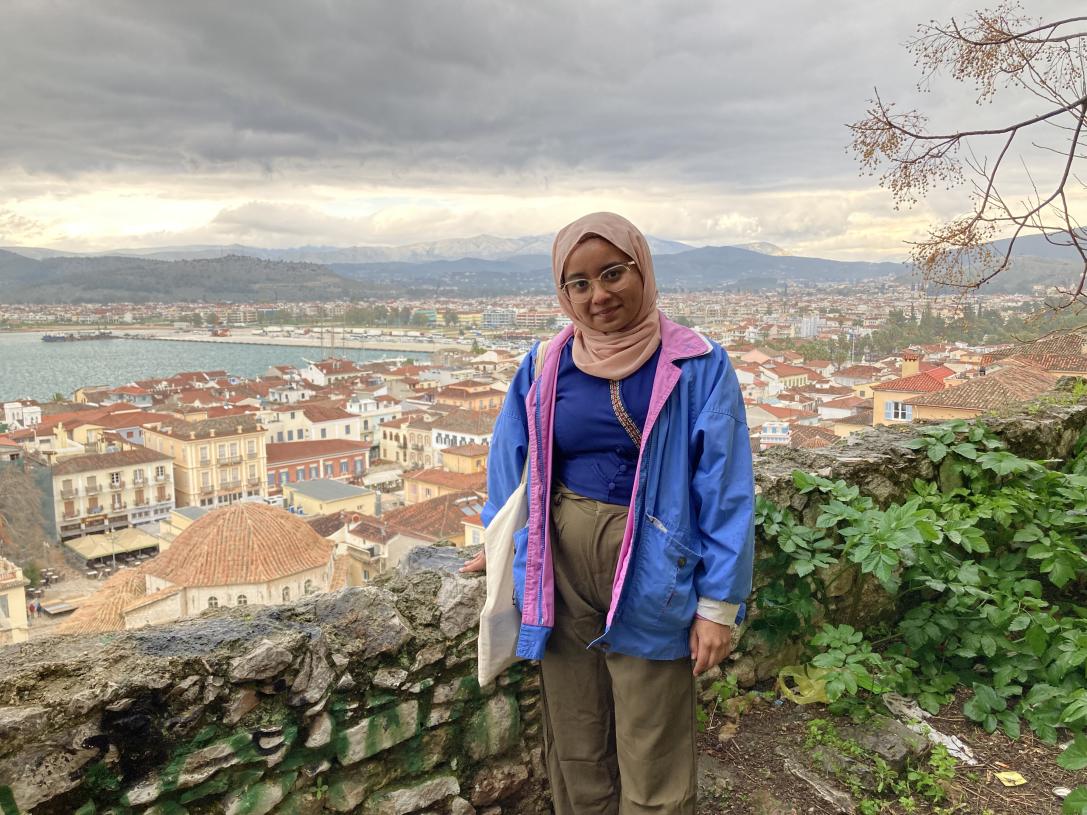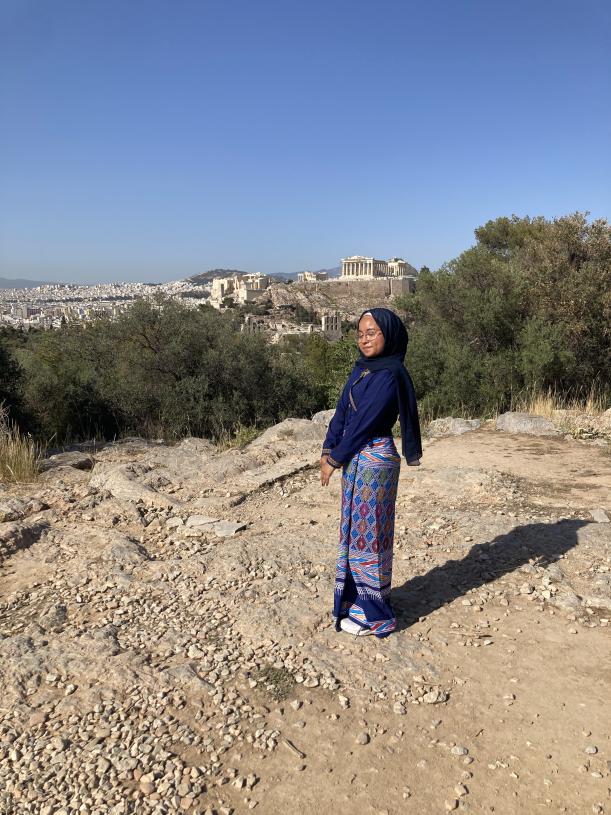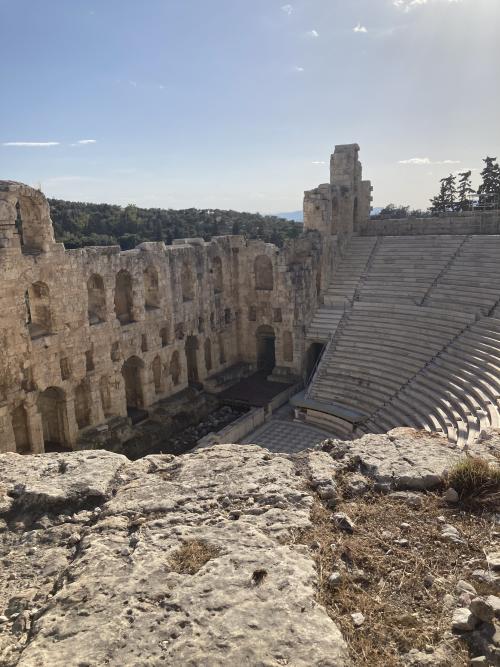
Testimonials
Study Away
Study Away Shapes Students’ Lives
Studying away is a transformative experience that goes beyond the classroom. Hear directly from students who stepped outside their comfort zones, discovered new perspectives, and returned with stories that continue to shape their academic and personal journeys.
After Travel
Real Journeys. Real Growth
“Study Away was one of the best experiences of my life.” said Study Away Student Advisor Logan Faulstich, Computer Science 26’. “I studied away in Okinawa, Japan, an island with rich history and culture Through this experience, I met many new friends, and I got the opportunity to travel across the country, exploring new sights and wonders each and every day.”
150+
Programs
4
Types of Programs
Go. Grow. Tell the story.
They left as students. They returned as citizens of the world.
150+
Programs
4
Types of Programs

Moments abroad. Memories for a lifetime.
Moments abroad. Memories for a lifetime.
Discover how one semester away can change everything
“Studying abroad was one of the best decisions I've ever made and I recommend it to everyone,” said Rachida, Political Science, Anthropology 26’. “It made me not only gain appreciation and love for a country but also allowed me grow as a person. Being far from the comfort and support of home required me to become independent and confident. Immersed in an entirely different society, I had to adapt to new customs, cultural norms, and social expectations, all while learning a new language. Meeting people from various backgrounds: neighbors, classmates, mutual friends, and even local shopkeepers across different countries, broadened my horizons and expanded my worldview."


"It made me realize how complex and diverse the world is, but at the same time how interconnected and similar we all are. I plan on studying urban design in the future, and I found that my real-world experiences taught me more than any classroom could. Observing the layout of cities, the implementation of public transport and green spaces, and the importance of people's influence on public spaces had so much more influence on me. I plan on taking the knowledge I gained from my experience and apply it into my future both in my career and personal life.”
A world of learning through their eyes.
Study away. Come back changed.
No, a majority of the study away programs are available in English. This will include courses that are taught while visiting the international university. Language courses will be available if you would like to practice a language you already know or are currently learning. Entry level language courses are generally also available.
Studying away is not just a travel experience, it's a career accelerator. Employers constantly rank global experience as one of the top differentiators.
- It proves adaptability
- It builds cross-cultural communication skills
- It demonstrates independence and initiative
- It strengthens confidence
- It expands your professional network
Graduate programs want students who are globally aware and capable of independent research. Study away directly develops those qualities.
- Shows intellectual curiosity
- Provides unique research opportunities
- Strengthens letters of recommendation
- Helps students clarify their academic and career goals
Study away students are supported from the beginning of the process until the end. The PFW Study Away Advisors help start your study away journey. Then ISEP Advisors, our study away partners, will take over once you have arrived to the host country. Each university has their own home office as well, which can provide additional assistance if needed.
